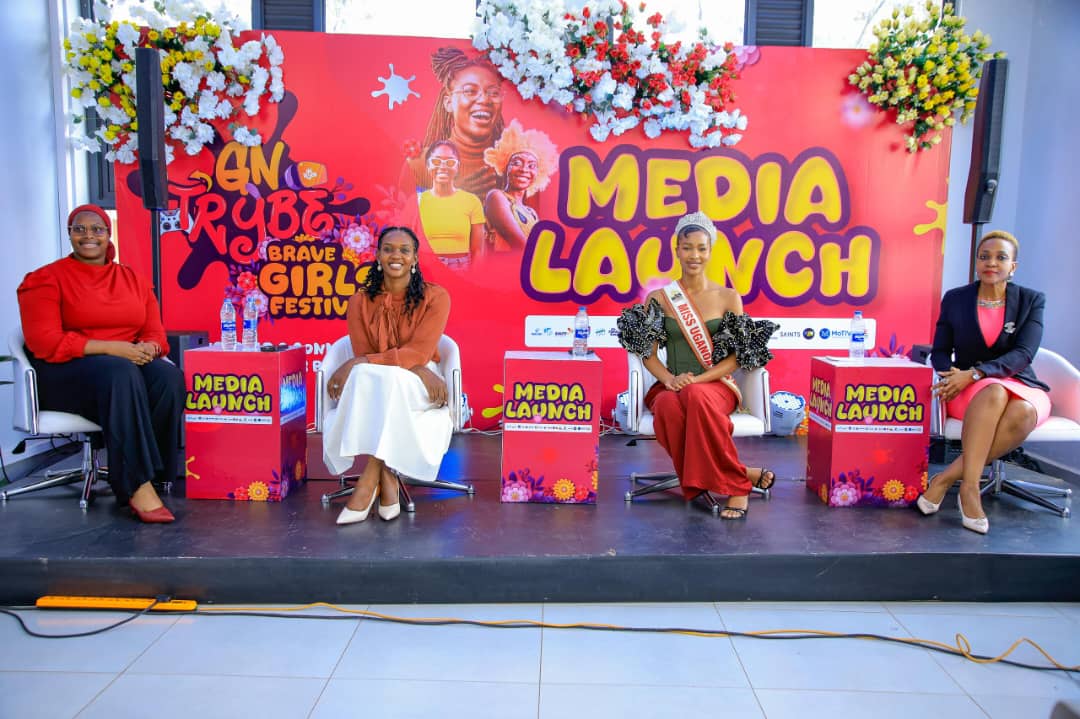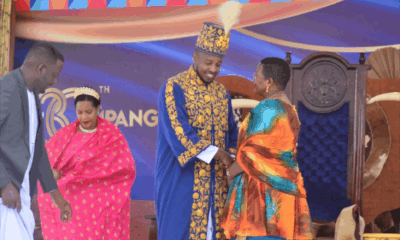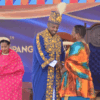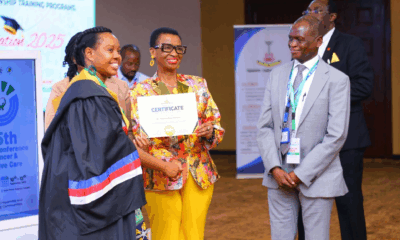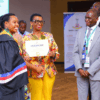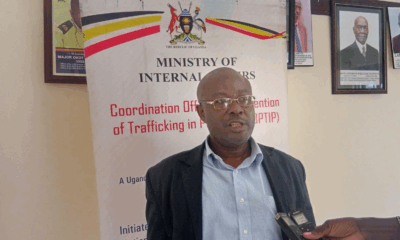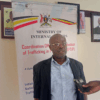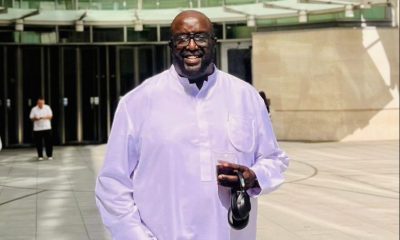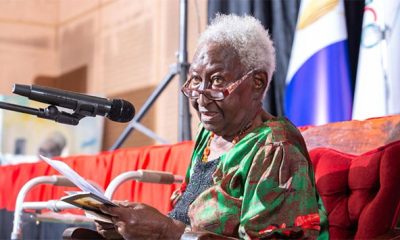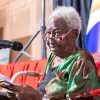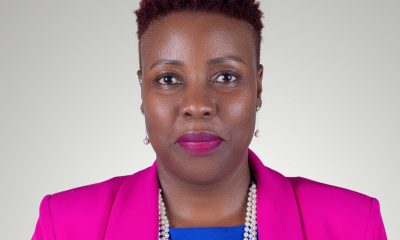Inspiration
Brave Girls Festival to shine Light on Deep-Rooted Barriers Facing Young Women
As Uganda continues to grapple with deep-seated gender disparities, the upcoming Brave Girls Festival is positioning itself not just as a celebration of youth, but as a call to action to confront the structural challenges holding back young women and girls.
During a media launch held on Tuesday at Reach A Hand Uganda headquarters in Lungujja, organizers and leaders highlighted the urgent need to address persistent issues such as gender-based violence, digital exclusion, limited access to sexual and reproductive health services, and the ongoing marginalization of girls in leadership and innovation spaces..
The festival, which has become a key platform for amplifying youth voices, especially those of young women, will this year take place in Nebbi on September 27, with another leg planned for Kati Kati in Kampala. Since its inception in 2018, the event has grown into a movement, aiming not only to inspire, but also to equip girls to challenge restrictive gender norms.
Phiona Nyamutooro, the Minister of State for Energy, shared her personal story of rising from a modest background to national leadership, underscoring the need for self-belief and solution-driven courage. But while her message stirred motivation, it also illuminated a painful irony: far too many girls in Uganda remain locked out of opportunity not because of lack of passion, but due to systemic inequalities.
“You need to find what makes you different… and become a better person,” she told attendees. Yet difference alone, critics argue, is not enough in a system that still offers limited access to sexual and reproductive health information, digital tools, education equity, and economic opportunity for girls.
Humphrey Nabimanya, CEO of Reach A Hand Uganda, explained that the festival is about breaking barriers through practical engagement. “It’s a platform where young people are given the tools to lead, speak out, and claim their rights,” he said.
That urgency was echoed by Miss Uganda 2024–2025, who shared how she overcame body shaming and stereotypes to rise to her position. “I’m not six feet tall. I’m not what they expect. But I’m here,” she said. Her story was not just about pageantry, it was about resisting the boxed expectations that limit women’s dreams.
According to recent reports, digital exclusion continues to widen the gender gap in access to information and innovation spaces. Gender-based violence often normalized or underreported remains rampant, while girls in rural communities, like Nebbi where the next festival is headed, often have minimal access to SRHR resources and mentorship opportunities.
The Brave Girls Festival has become a symbol of hope, but also a reminder of the work ahead. Beyond inspirational speeches, stakeholders are now being urged to focus on policy changes, funding for girl-led initiatives, and holistic education reform that integrates health, rights, and leadership training for girls.
As September approaches, the festival’s true measure may not be in the crowd it draws but in the long-term systems it challenges and the spaces it reclaims for Uganda’s brave girls.
Comments



